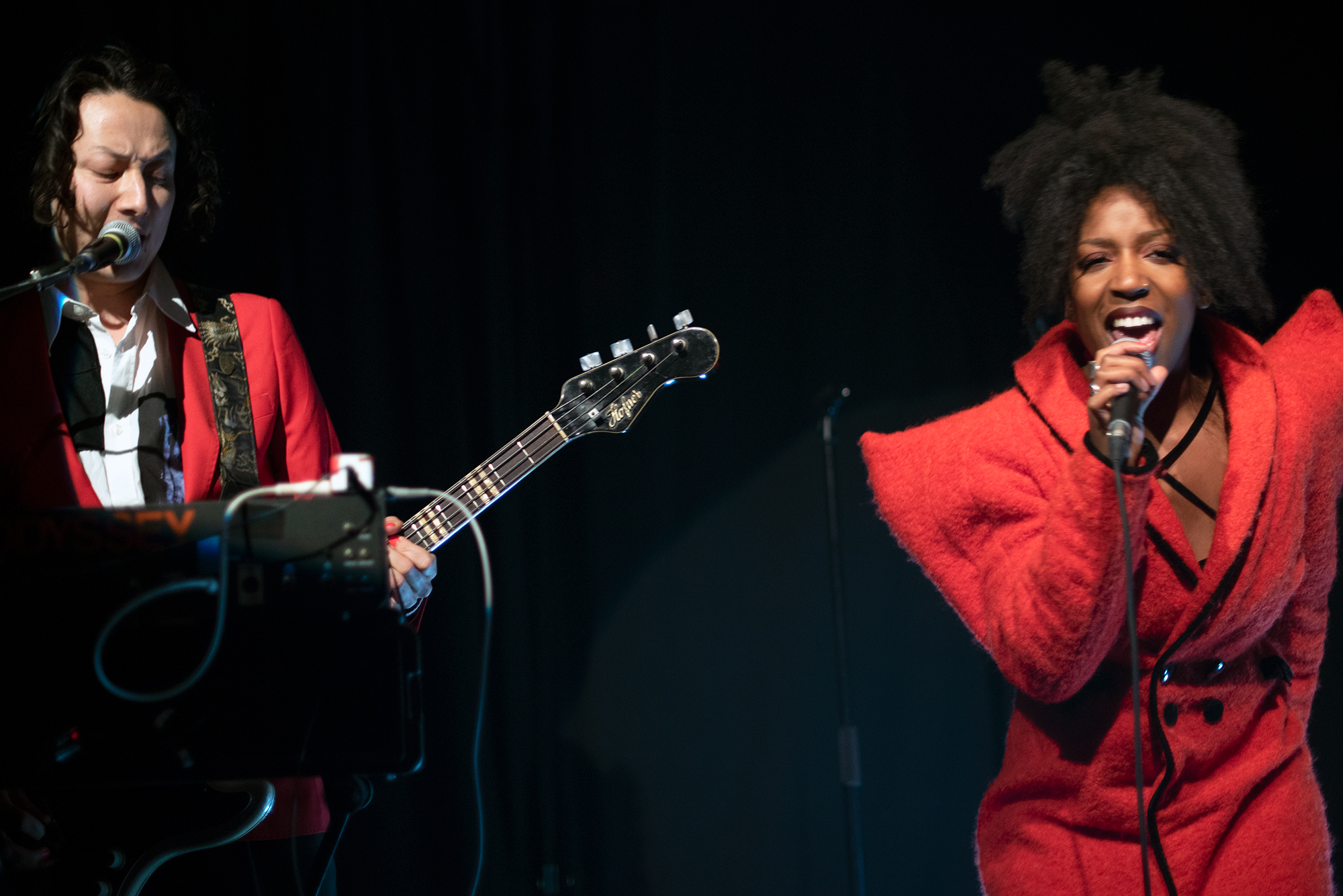In a somber jazz/R&B track, South London multi-instrumentalist, vocalist, and producer, Quinn Oulton takes on the serious topic of sexual assault with “Sober.” It was co-written by Oulton’s partner whose own personal experience served as inspiration for the song, opening the dialogue for much needed discussions. Relating to both alcohol use and a person’s emotional state, the title of the single explores the meaning of consent. It’s a heavy topic with a lot of underlying themes, as discussed in Oulton’s Q&A following the video clip below.
Was the subject matter for this song based on personal experience?
In a way, yes. I am writing about something that happened to my partner. Even though it’s something I of course feel very strongly about, it was her experience and is her story.
It actually happened a few years ago just before we got together, but it’s been an ongoing thing that she’s been dealing with over the last few years. It’s been really difficult to see how she’s had to struggle with people not understanding or believing her story, and she suggested writing a song about it to try to raise consciousness about something that happens so frequently yet people rarely know how to handle it.
It was really important to me that the song presented the narrative in that way without me taking ownership of it, so we wrote it together a few months ago. She hadn’t written lyrics before, so it was a really interesting process to work together in this way – her dad actually helped with a few bits too. Of course, it’s a challenging thing to talk about publicly, and she’s incredibly brave to open up about it, but it is only through talking about it that attitudes will change.
Aside from addressing the topic, are you involved in any initiatives to create safer spaces?
The song is all about sexual assault and rape committed by someone known to the victim, which tends to happen in private spaces such as the home. It’s a fairly pernicious issue to create initiatives around because preventing it requires a different conception of consent to what is commonly understood (sadly). I fully support safer spaces initiatives, however this song is addressing a different issue, and I think that raising awareness and getting people talking is a very important step.
It’s interesting you picked a R&B style for this, given its history with sexism – is that intentional?
It’s interesting, I’ve heard from quite a few people that they’re feeling a lot of R&B in the song but I really didn’t approach it with that in mind at all. I don’t tend to think of genres when I start producing – I normally get influenced by a sound or sample, and start building around that. With this song, the basic instrumental came first, and the lyrical concept followed once I’d sat with it for some time. It was a good fit because it allowed so much space for the lyrics to cut through thanks to the slow tempo and sparseness – I also wanted to have a big aggressive moment to get some of the anger across.
I actually wouldn’t agree that it is R&B that has a problem with sexism. I think that it applies to the music industry as a whole. And having said that, there are some incredibly powerful R&B tracks about sexual assault and sexism, like Rihanna’s ‘Man Down’, TLC’s ‘His Story’, or Eve’s ‘Love is Blind’. I hope that Sober can be part of this tradition?
Is “sober” related to drug use or the “sobering experience” that happens when assault occurs?
My partner Ella actually came up with the title of the song, intending for it to have both these meanings. I initially thought it might be a bit obscure, so I’m glad you’ve noticed! In the context of this song it’s actually meant to be about sobriety from alcohol, but it definitely would apply to drug use. I think it’s a good word to draw a line under the song, making it really clear that there’s no consent when one person is sober and the other is drunk/inebriated.
Have you found other musical allies working to address issues related to your track?
Before writing these lyrics, I hadn’t really registered listening to music about rape or sexual assault specifically, apart from Fiona Apple’s Fetch the Bolt Cutters album last year. Ella and I really love that album, and her outspokenness is a huge inspiration.
During our research before writing Sober, we found some older songs by bands like Nirvana and the Stranglers which are telling a very different kind of story – either glamorising it to an extent or coming at it from a very male/macho perspective. Even though this song is delivered largely through my point of view as a man, it was really important to make the female perspective the most important part of the song.



